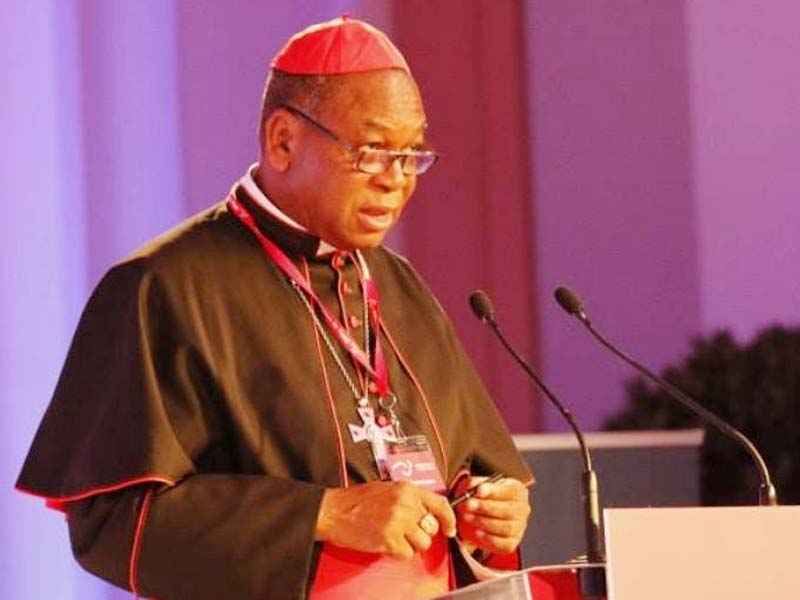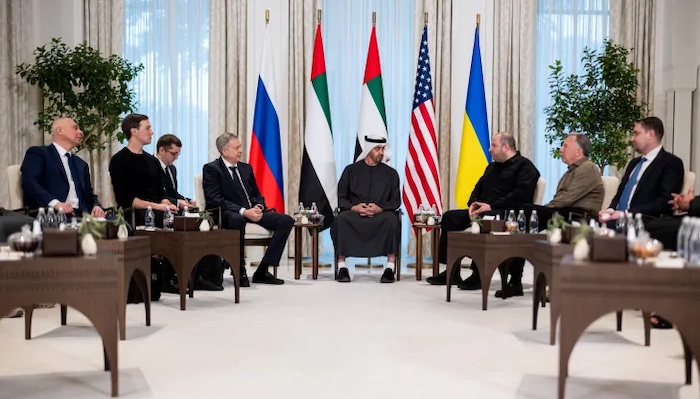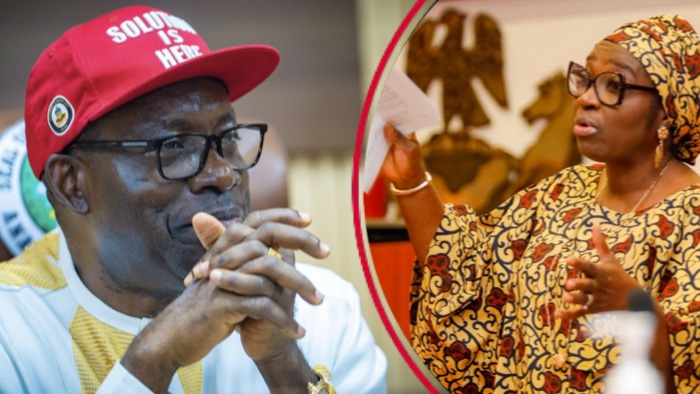
Former Archbishop of Abuja Catholic Diocese, Cardinal John Onaiyekan, has told President Bola Tinubu to treat as top priority the equipping of the present crop of policemen and security operatives to combat the perennial insecurity in the nation instead of giving order for the employment of additional 20,000 policemen.
Speaking at the 9th International Conference on Love and Tolerance in Abuja, the respected cleric warned that the nation cannot afford delays in tackling insecurity.
He said: “Right now in Nigeria, we have to build bridges so that all of us, Christians and Muslims, can jointly face our common enemy, those who are killing us.
“We have finally agreed that we shall join hands and face them. And if we join hands, we can deal with them now. We should be able to deal with them.”
He added that: “With all these wonderful soldiers and police, we should be able to deal with them. I’m not even sure we need 20,000 more policemen. I believe they are the ones we have right now. Arm them well, treat them well, and they will do their job.”
He said: “There is no need to deploy 20,000 policemen. We could use the policemen we have. I’m not an expert, but to train them and then deploy them, for an emergency. Let the experts tell me how long does it take to deploy 20,000 people. I guess we are talking of one year. In one month, this country can be destroyed.
“So I’m saying we should look at a strategy that will address the issue right now. We should equip the policemen we have now, who are already trained though, but they are carrying bags for madams. It’s good that they have been withdrawn; Let them start working.
“And let there be the political will to flush the terrorists out of the forest. And we are glad that the language that our president spoke yesterday; but weve been listening to that since two years ago.
“What do you have police for? That’s their job. It’s not even the job of the army. It’s the job of the police,” he said.
He also reflected on global religious harmony, warning that Nigeria faces increasing local polarisation despite global unity efforts, referencing the “Abu Dhabi document” signed by Pope Francis and the Grand Imam of Al Azhar.
A renowned activist and former Kaduna Central Senator, Shehu Sani, highlighted the root causes of intolerance and conflict, noting that human differences in wealth, power, race, and religion often drive dominance and resistance.
He emphasized that differences are natural and unavoidable, and that peace and tolerance begin with recognizing and accepting human diversity.
Sani expressed concern over shrinking freedom of speech, insisting that the arrests and social media scrutiny threaten open dialogue, and urged that love, understanding, and respect for differing opinions are essential for building a harmonious society.
On his part, the President of UFUK Dialogue Foundation, Emrah Ilgen, whose organisation convened the international conference, said the gathering was created to address the urgent need for healing in a deeply divided world.
He said the theme “Bridging Divides: Building Trust in a Polarized World” was chosen to confront rising global and local tensions, emphasising that the world is experiencing dangerous levels of mistrust driven by misinformation, fear, ethnic divisions, and religious misconceptions.
He explained that UFUK Dialogue has, for more than a decade, committed itself to building bridges between communities and promoting dialogue that encourages understanding rather than suspicion.
“Humanity is strongest when it chooses dialogue over suspicion, compassion over conflict, and understanding over prejudice,” he said.
In his welcome address, Director General of the Institute for Peace and Conflict Resolution, Dr. Joseph Ochogwu, represented by Dr. Emmanuel Mamman, said Nigeria is facing deepening mistrust, widening identity divides, and increasing misinformation, stressing that trust must be rebuilt through fairness, dialogue, and inclusion of women and youths.
He said: “Polarization is not destiny. Mistrust, though deep, remains reversible.”
The DG added that traditional and religious institutions remain pillars of social harmony, and collaboration with groups like UFUK Dialogue is essential in restoring national cohesion.
Michael Olugbode


